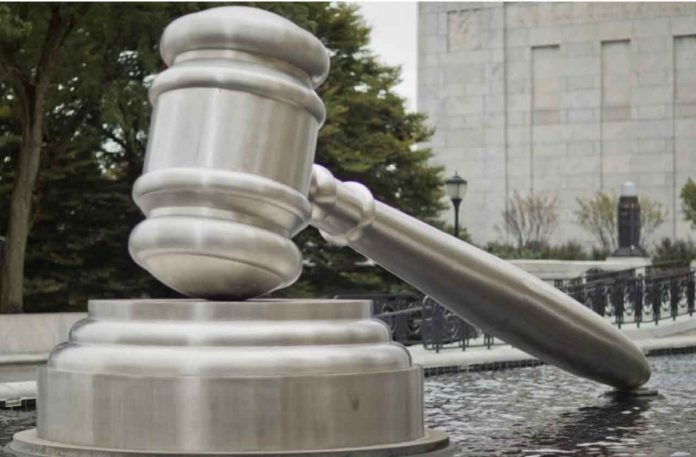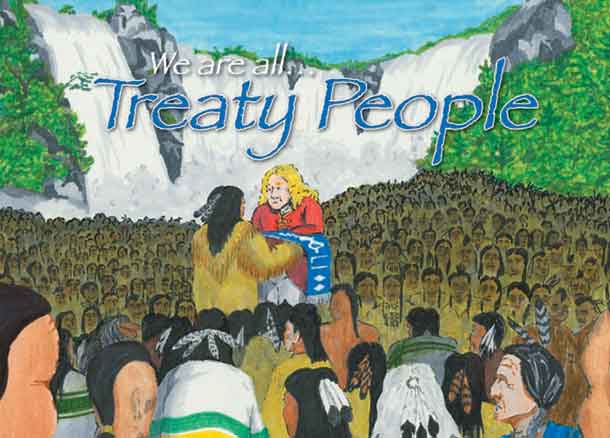Canada’s legal battles with indigenous people have come under increased scrutiny after hundreds of unmarked graves were found at former residential schools
By Moira Warburton and Anna Mehler Paperny
OTTAWA – (Reuters) – A human rights tribunal ruling ordering the Canadian government to compensate indigenous children and families in foster care for discrimination should stand, a federal court decided on Wednesday.
The Canadian Human Rights Tribunal ruled in 2016 that the federal government allocated less funds for child and family services of indigenous people compared to non-indigenous people, pushing more indigenous children into foster care.
Prime Minister Justin Trudeau’s Liberal government appealed the tribunal’s 2019 ruling, which ordered the government to pay each affected child C$40,000 ($31,496), the maximum allowed under the Canadian Human Rights Act. The tribunal also said that with some exceptions parents or grandparents of the children would also be eligible for compensation.
But Justice Paul Favel of the Federal Court rejected the government’s appeal and encouraged the two parties to continue negotiating.
“The parties must decide whether they will continue to sit beside the trail or move forward in this spirit of reconciliation,” Favel wrote, referring to an indigenous parable about a man who sits beside a trail for so long that it grows over and he loses his way.
The tribunal’s ruling is expected to cost the federal government billions of dollars.
Trudeau’s government could appeal the court’s decision. In the past his government has argued that although the human rights tribunal was correct in finding discrimination in the system, it overreached by ordering compensation.
Indigenous Services Canada, the ministry responsible for the foster children, did not immediately respond to a request for comment.
Cindy Blackstock, executive director of the First Nations Child and Family Caring Society that brought the original complaint, welcomed the ruling, calling it “a complete rejection of all the government’s spurious arguments, and a complete win for kids.”
The Canadian government’s legal battles with indigenous people have come under increased scrutiny after hundreds of unmarked graves were discovered at the sites of former residential schools.
Up until as recently as 1996, Canada’s residential school system separated children from their families and sent them to boarding schools where they were malnourished, beaten and sexually abused in what the country’s Truth and Reconciliation Commission called “cultural genocide” in 2015.
($1 = 1.27 Canadian dollars)
(Reporting by Moira Warburton in Vancouver and Anna Mehler Paperny in Toronto; Editing by Jonathan Oatis and Richard Pullin)







